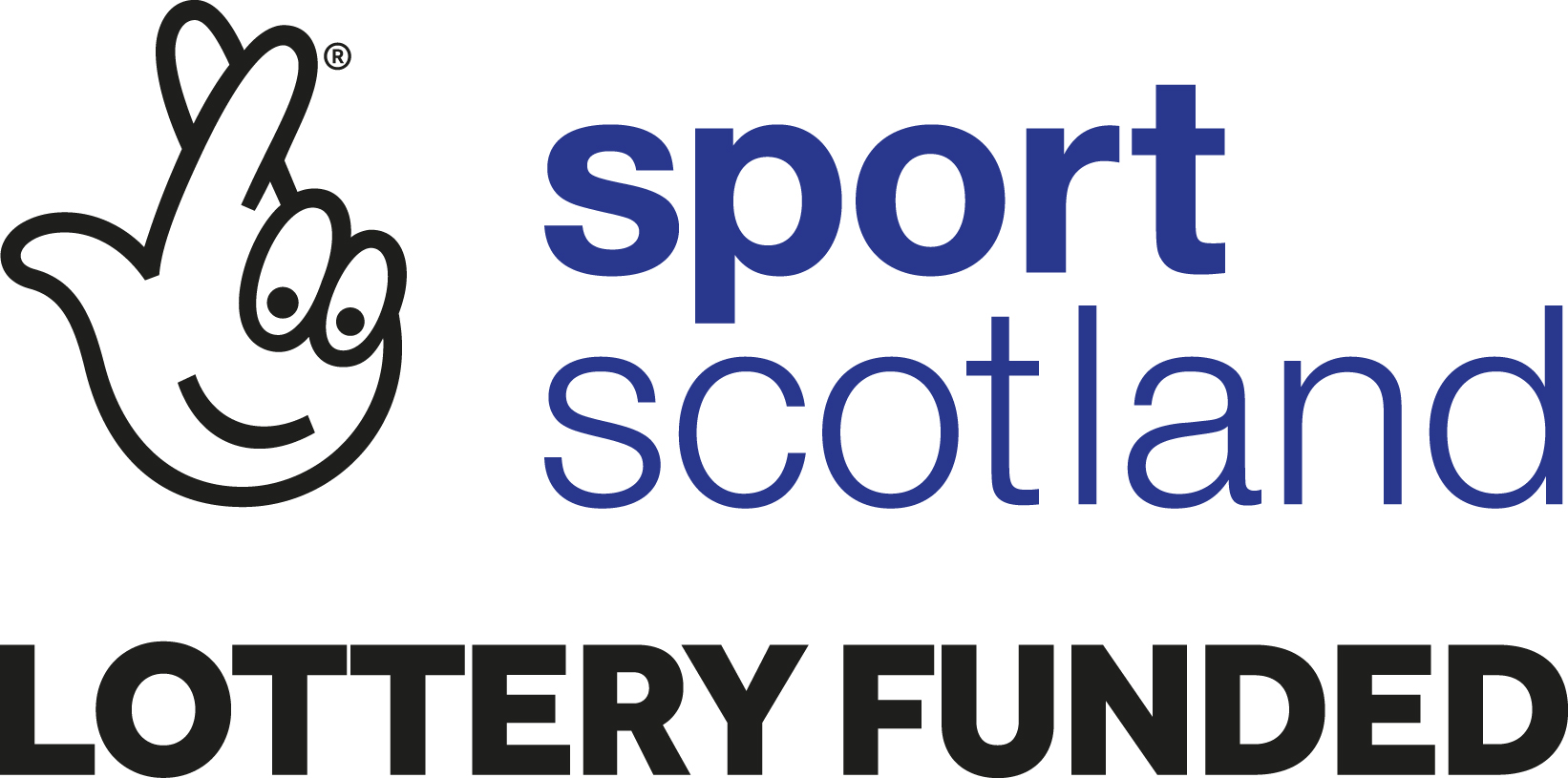National coach Paul Bell reveals his secrets for preparing the team for a successful Commonwealth Games
Paul Bell, Scottish Squash’s National Coach, will lead Rory Stewart, Lisa Aitken, Alan Clyne, Georgia Adderley, Greg Lobban and Douglas Kempsell to the Commonwealth Games in Birmingham this month, and he’s relishing the opportunity. Paul arrived at Scottish Squash with 8 years international coaching experience with Irish Squash and more recently with England Squash. He has proven his ability to develop players and a national coaching system with great success, and his experience coaching at the 2018 Commonwealth Games in Australia, will prove invaluable to Scotland’s chances in Birmingham. Paul spoke with us about the role of a coach in preparing the team for a major global event and what he does to get the most out of himself and the players.
Paul said: “The role of a coach in the run up to the games is vast, from sorting out training camps and gym sessions to ensuring that both singles and doubles games get the attention they need. There’s also a lot of individual work with the players, including designing bespoke training plans, doing match analysis, working on technique and tactics and having positive conversations about their game. It’s important to keep things simple and be clear about what they need to do to perform at their best. There’s also quite a bit of mindfulness work, helping the players manage their emotions and the mental side of competing on the world stage. This is by far the biggest competition in the four-year cycle, so its huge for them. We’ve got players who know what to expect, but others like Georgia and Dougie who are new to the set-up, requires a different approach in terms of preparation.
I think in many aspects, preparing for a Commonwealth Games is no different to a regular PSA Tour Event or representative competition. The biggest difference is there’s singles and doubles events, which puts extra demands on the players, and for a coach, managing weekly training programmes for both disciplines is challenging. The other is the emotional impact – a Commonwealth Games is something new and out of the ordinary for the players.
Paul goes into more depth about the mental aspects of competing at a Commonwealth Games, and the importance of managing the players wellbeing and mental health.
He continues: “Mental preparation and managing wellbeing is crucially important because emotions run high during a major event like this. Its such an amazing experience and something they have been working towards for the past four years. Its also a new experience mixing with different athletes in the village and dealing with the media and global interest – these can add new pressures and distractions. As a coach you want the players to be aware of these things, while at the same time, not build it up too much otherwise it can affect their focus and performance. It’s a balancing act.
My approach is to get players in a headspace where they can play as they do on a weekly basis. I also think doing extra things just for the Commonwealth Games in some way belittles other tournaments, which may not be as high profile, but are just as important to their careers. We back ourselves that the approach that works well for regular PSA events, will be effective for the Commonwealth Games.”
Paul gives us some insight into a typical training week as he prepares players for one of the highlights of their career:
He said: “We run a six-week training cycle in the run up to the games. Planning a week is about striking the right balance between physical work, the singles and doubles practice, scheduling rest and recovery slots as well as time to discuss tactics and game management. They’re all in great shape so it’s not so much physical conditioning, it’s really about sharpening them up and getting them into right headspace so they feel confident and ready going into the Games. As well as team training, each player has their own individual plans. All the players have a lot of knowledge and experience so we’re looking for those small percentages which can make the difference.
I also spend a lot of time watching matches back and trying to get a good understanding of what each player needs, as well as identifying the small things that can make a difference. I always try to keep things as simple as possible and make it all about the players. Everything I do is in collaboration with the players – I don’t dictate what should and shouldn’t happen. We work together to get the best performance.”
Paul goes on to talk about what he considers to be the greatest challenges when preparing a team for the Commonwealth Games.
“Logistics has to be up there. Bringing together a whole bunch of different players, fostering a team spirit while balancing that with individual needs is certainly a challenge, but very rewarding when you see it all come together. There are also so many different things to deal with at a Commonwealth Games, such as security and managing the media attention – there are definitely more distractions at play and you have to find ways to prepare players for these things.
The selection process can also be tough for coaches and players. We have an 18-month selection window, during which players spend a lot of time feeling tense and uncertain. I have a great relationship with the players, so its always hard when I have to make tough decisions. Those relationships get tested during the selection window and repairing them can be tough and stressful for all parties.”
Paul is a firm advocate of good communications and fostering positive relationships with and between the players.
“It’s so important to create time for each player and talk to them as individuals. As a coach you must get to know them so you can understand their needs. Asking the right questions and listening to what they have to say is important. That way you can implement ideas that are reflective of the information coming from the players. Dedicating time to foster good communication will result in positive relationships. They won’t always agree with us as coaches, but as long as there’s a strong rationale and clarity, most players will get on board.
The coach also has to create an environment where relationships between players remains positive. It’s important to address any tensions early on. We have open conversations all the time where we address any elephants in the room. Everyone must be willing to have difficult conversations to clear and resolve any issues.”
Paul spends a great deal of his time and attention on the players and support staff but reminds us of the importance of self-preparation.
“I have mentors and other coaches to keep me on top on my game. I also do quite a bit of mindfulness using meditation and writing diaries to keep me in a positive head space. I see coaching as a performance, so I need to make sure I’m at my best. A Commonwealth Games puts extra stress on you – you’re away from your support network, and there are many added pressures. I try to keep to the same routine that allows me to perform at my best and get the most out of the players.
Paul finishes by talking about what he loves about coaching the Scotland Team for the Commonwealth Games and his hopes and expectations.
“I love all the new experiences and different challenges. There are so many facets to a Commonwealth Games, many of which you don’t experience on week-to-week basis. It keeps things interesting and brings a whole new dimension to how you approach coaching. I also love the challenge of finding a solution to all these issues, it’s very rewarding.
Obviously we are all hoping for medals, but I think what is equally important is that everyone has a positive experience, and can perform at a level they are proud of. If we do that we’ll be competitive and then hopefully the work we’ve put in to our preparation will be rewarded. I can’t wait to get to Birmingham!”





